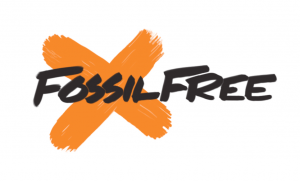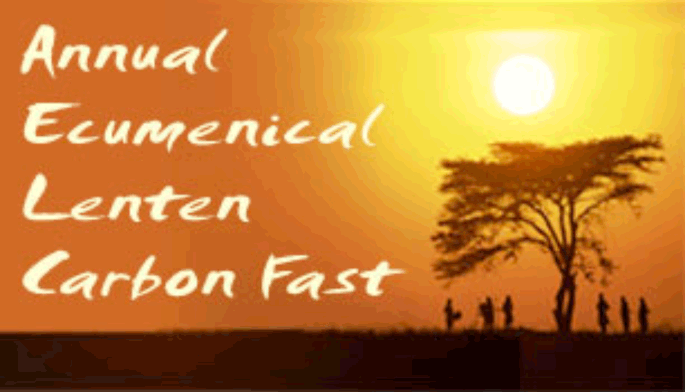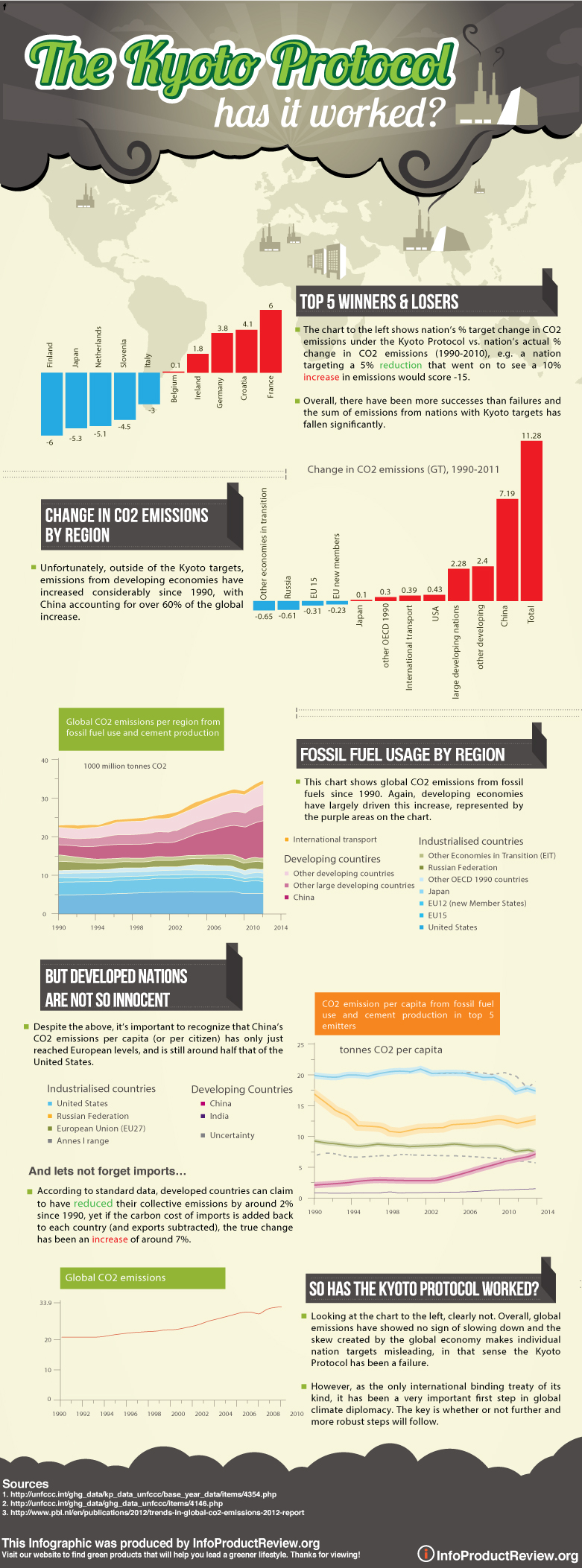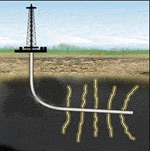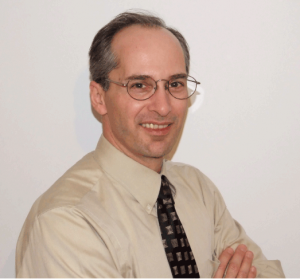 Our congregation would like to reduce our building’s carbon footprint. How do we do that?
Our congregation would like to reduce our building’s carbon footprint. How do we do that?
The first step is to get an energy assessment. This gives you a complete snapshot of all the cost-effective upgrade or replacement strategies that reduce utility bills and greenhouse gases. Energy assessments are available through NYSERDA (the New York State Energy Research & Development Authority). Click here to get more information, or call NYIPL.
What does an energy audit cost?
For small businesses and non-profits (including houses of worship) these assessments are fully paid by NYSERDA, and conducted by specialized engineering firms contracted by NYSERDA.
The funding for these assessments come through a charge in your electric utility bill, called a “System Benefits Charge”. You’re getting back what you’ve paid for!
We already changed all of our light fixtures to compact fluorescent light bulbs? What else should we be doing?
Most houses of worship spend 55% to 60% of their energy bills on heating. While lighting is important, it’s effective insulation, weatherseal, and weatherproofing that will give the largest benefit to most houses of worship.
We don’t have much money for improvements of this kind. How can we afford it?
NYSERDA offers several low-interest financing options to small businesses and non-profits (including houses of worship) after they participate in an energy assessment and receive the results. Find out more here.
Can we do these upgrades on historic buildings?
Yes. When the NYSERDA contractor does the walkthrough and assessments, he/she will be looking for strategies on recommendations that fit within the current building – lighting, heating/cooling, insulation, and weathersealing. Typically any work that involves exterior façade or interior changes are beyond the scope of an assessment, and would be cost-prohibitive.
What are some examples of congregations that have already done this?
Many houses of worship have successfully reduced costs and supported creation stewardship by following through with recommendations from an energy assessment. Visit the EnergySTAR website – www.energystar.gov – and enter “worship” in the search box to find the full stories.
Ed Smyth is a senior manager and consultant for KEMA, (an international consulting firm for the energy industry) and a board member of NYIPL.


